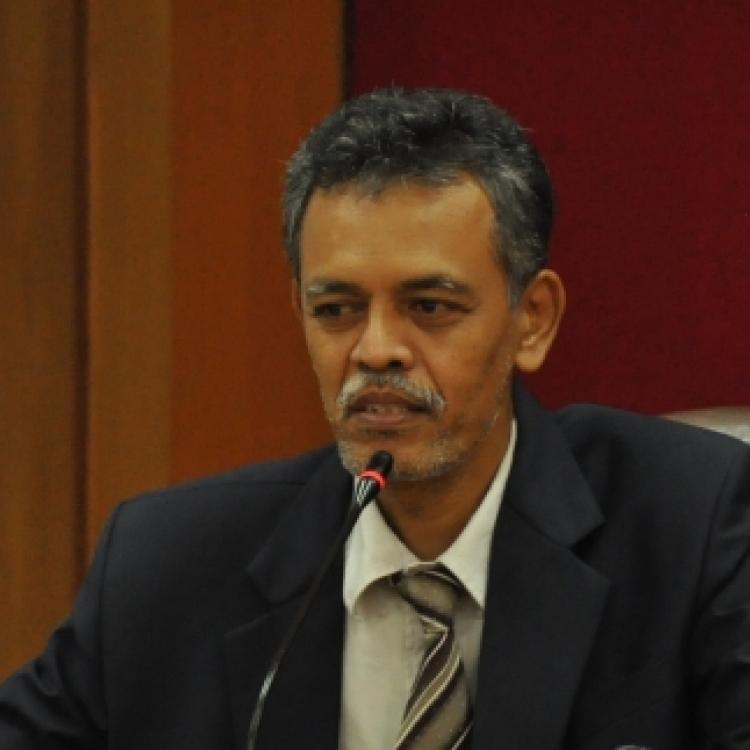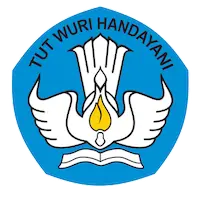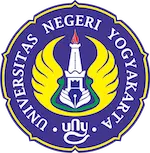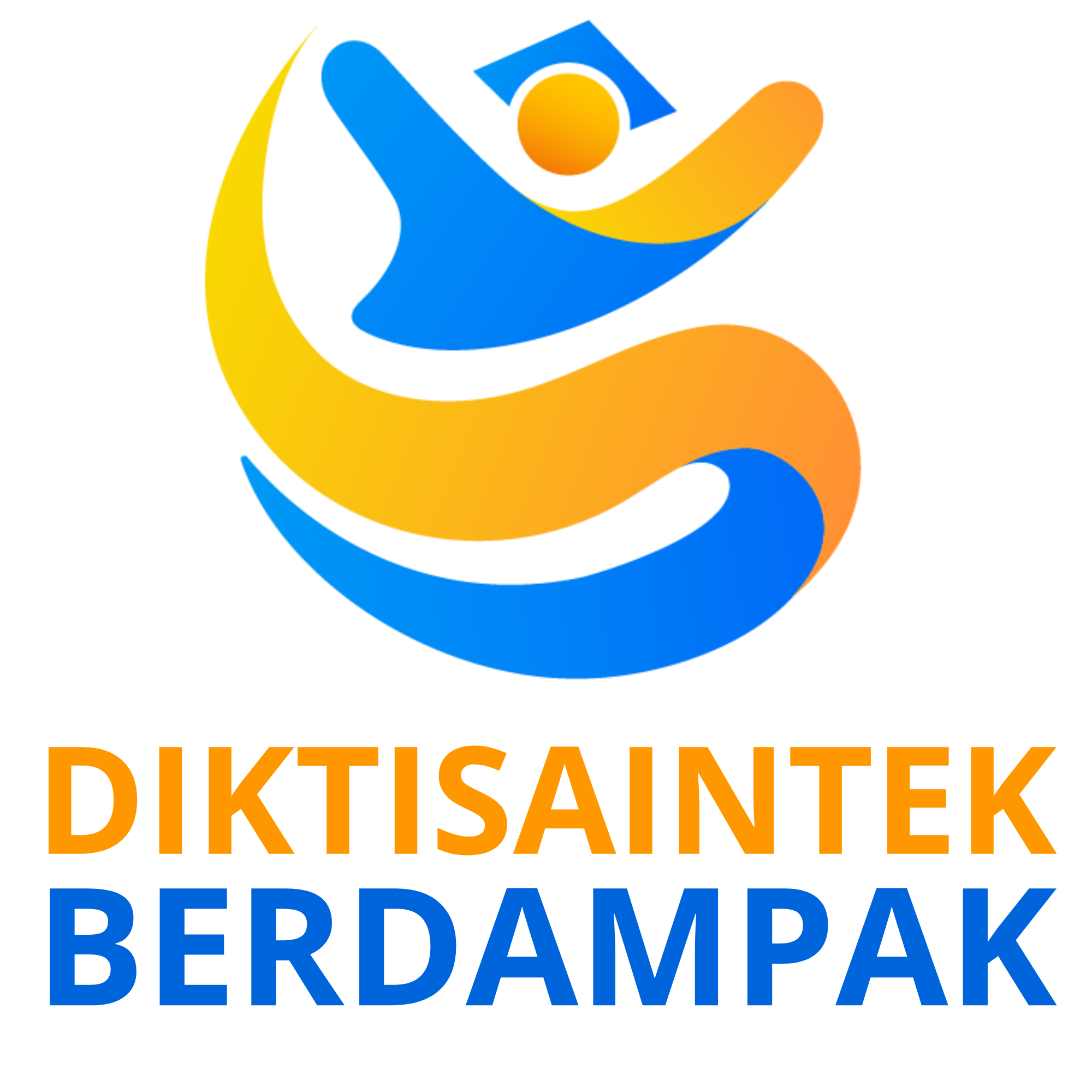Introduction
A quarter-century ago UNESCO has declared the importance of education for all citizens, both children and adults. It is intended for all citizens to enjoy life properly and could participate in their life. As it is stated in the declaration that:
Every person - child, youth and adult - shall be able to benefit fro m e d u c ational opportunities designed to meet their basic learning needs. These needs comprise both essential learning tools ... and the basic learning content ...requied by human beings to be able to survive, to develop their full capacities , to live and work in dignity, to participate fully in development , to improve the quality of their lives , to make info rmed decisions, and to continue learning. The scope of basic learning needs and how they should be met varies with individual countries and cultures , and inevitably, changes with the passage of time (World Declaration on Education For All, 1990, articel 1)
In order to know the progress and results of the agenda, annually UNESCO does monitoring to the implementation and achievement of objective. In its report 2015 objectives has not yet been achieved. In the report stated that there is still a lot of inequality between rich and poor countries. In detail, the result is as follows.
There are still 58 million children out of school globally and around 100 million children who do not complete primary education. Inequality in education has increased, with the poorest and most disadvantaged shoul dering the heaviest burden. The world’s poorest children are four times more likely not to go to school than the world’s richest children, and five times more likely not to complete primary school (Education For ALL, 2000-2015: Achievement and Challange, 2015)
Formal education which has been a priority of goverment could not able to overcome this problem. On the one hand , the school system that are closed , inflexible , could not allow people to return to school , and will not be able to reach groups of people who are outside the school system, on the other hand . Therefore, non-formal education has a central role in solving the problem.
This paper will discuss the role of non-formal education, the problems of non formal education, and some alternative ideas to solve the problems.
Dynamics of Non-Formal Education Role
The role of non-formal education in community development is present much earlier than formal education. Non-formal education has already been exis before school educational institutions were born. At that time, non-formal education has a role in developing community. The programs vary according to the conditions and needs of the community, but in general it relates to the development of the ability to read and write, basic knowledge, life skill and ability to participate in community development. In Indonesia, for example, in the early years after independence, non fromal education program plays a central role in the improving the ability of citizens to develop their self and community.
The attention of international community to non-formal education had began and strengthened since Coombs and Ahmed (1973) published the results of their study on non-formal education in his book entitled New Paths to Learning. He saw that the community development in poor countries faced problems, and education is an important part of the problem. In order children and youth to participate fully in adult life, they need to be equipped with a minimum knowledge and skill which is valuable to develop their ability to participate fully in adult life. The minimum learning needs are (a) positive attitudes toward cooperation with and help to one’s family, fellow, work, community and national development, (b) functional literacy and numeracy, (c) a scientific outlook and elementary understanding of process of nature, (d) functional knowledge and skill for raising a fgamily and operating household, (e) functional knowledge and skill for earning living, (f) functional knowledge and skill for civic participation.
Coombs and Ahmed (1973) put non-formal education in the context of learning, reagrdless where, when, how learning occurs. Therefore, learning can take place in a formal, non-formal and informal setting which are the three of settings are interelated and complementary. In the context of these relation, Rogers (2010) saw that non-formal education could play three roles, namely: (a) complementary to the system,. It give opportinity to people to obtain education the same as or equvalent to formal education. (b) supplementary to formal education,. It provides programs that were in addition to what was provided in formal education. It does not necesary relate to program or content of formal education. It can be something new. (c) alternative to formal education. It provides programs which can not be provided by formal education, and has specific purposes. Usually, it leads to alternative qualifications.
The attention to non formal education has significantly decreased since the late 1980s, when the international community increased its focus on schooling as a dominant means of learning (Yasunaga, 2014), even after the Jomtien Declaration in 1990 more attention given to formal education (Hoppers, 2006). Along with the development of capitalism that put the school as the main supplier of labor, the role of non-formal education has declined. At that time the government and people gave trust so greatly to the school. This is due to people perceived the school can assure the welfare as a result of the education process that has been taken. But the dominance of the schools could not able to meet the needs of the community, and even create new problems. Illih mention that it was a cause new problem for the community, the school makes new dependencies, and does not develop the creativity. More sharpened, Freire saw that the school has done oppression in the education process, which result in the death of creativity and cultural silence.. The school has made dehumanization
After the Dakar Declaration in 2000, international attention to non-formal education began to emerge (Hoppers, 2006), due mainly to the following recognition.
a. Multiple types of non-formal education exist which can be adapted for specific learning needs of individuals and populations in different conditions. non-formal education’s elastic, and contextspecific approaches are appropriate and useful in fulfilling the right to education of the marginalised and those populations with special learning needs
b. Along with formal and informal learning, non-formal education constitutes an integral part of lifelong learning towards which many countries are shifting their policy focuses.
c. The innovative nature of non-formal education to develop human capabilities, improve social cohesion and to create responsible future citizens has increasingly been recognised
d. There have emerged heightened individual and societal expectations of the positive impact of non-formal education on economic productivity.
The presence of non-formal education is increasingly needed along with social change towards a knowledge-based society. In the knowledge based society knowledge is becoming the main source of the wealth of nations, economies and people, but it can also become the main factor of inequality. It is the human capacity to create and use knowledge effectively and intelligently, on a continually changing basis, that counts most. To develop this capacity to the full, people need to want and to be able to take their lives into their own hands – to become, in short, active citizens. Education and training throughout life is the best way for everyone to meet the challenge of change. (Mirčeva, Jasmina)
a. Misorientation.
During this time the non-formal education more emphasis on developing skills that fit with work world, in Habermas’s language. included in the category of instrumental knowledge. This knowledge will not be able to develop the ability of self-learning and self-transformation. It will trap people evolve toward a rational analytical thinking which led to anti-ecological attitudes, patriarchal, exploitative, and competitive.
b. Crisis of trust
Even though there is a tendency increasingly stronger attention to non-formal education, but in fact there are still many people who have little or no trust in the non-formal education. This is due to there is no recognition of the output of non-formal education. People still look down on the quality of non-formal education or less qualified. This has implications for the use of the results of education into the world of work and further education
c. The second class or subordinate in the national education system
In the context of the national education system, yet all the government pay full attention to the existence of non-formal education. This is reflected in the number of government budget spent in the field of non-formal education. As an illustration, can be presented the total budget of developed and developing countries. In Austria he major part is borne by the public employment service (38%) followed by the private sector enterprises (30%), and by the individuals (20%). Public sources from governments are the smaller part of 12% (Vogtenhuber, Stefan, dkk). Sementara itu di Mali, In 2004, non-formal education received 0.7% of the current expenditure of the educational sector, with levels no higher during previous years ( Frédérique Weyera,2009). In Indonesia, While the Constitution requires that 20 percent of the National Budget Plan (Anggaran Pendapatan Belanja Negara, or APBN) be allocated for education, the national education budget decreased from 7.39 percent in 1999 to 4.57 percent in 2005, for an average of five percent in each of those years (DBE3,2006).
Alternative Solution
In order to optimize the role of non-formal education to face the challenge and solve the problems encountered, we should make changes as follows.
a. Changes in orientation
Excessive emphasis on mechanical skills has given risen a hedonistic, materialistic life. People simply pursuing the satisfaction of the outward-biological (to have) and set aside the humanitarian needs which are more essential (to be). It has resulted in inequality of life of individuals and society. Alienation, emptiness of the soul, the erosion of social life are some examples of these problems. Therefore it needs a new orientation. Non-formal education should be aimed at the development of individual and community life in accordance with human dignity. Material aspect only serves as a means to realize the essence of humanity. Jarvis (2007: 95) says that societies function by aplication of knowledge must be learning societies,.... society that places learning at the heart of its culture is a process-oriented society, and in sense, since it involves human processes, it should be a humanistic society.
b. Recognition of learning outcomes
This strategy has been done by several countries, such as Australia, Indonesia, and members of the OECD. There are two main reasons for the importance of the recognition, namely: First, non formal education outcomes have value in the formal lifelong learning system. If recognised, they may motivate people to return to formal learning. Second, non-formal education outcomes also have potential value on the labour market. If knowledge, skills and competences, irrespective of how they have been acquired, are more visible, market mechanisms may function more effectively (Werquin, 2010). But keep in mind that this recognition should not put too much emphasis on the achievement of learning outcomes. It should be balanced with an assessment of the learning process.
c. Political will
Countries that signed the Declaration should have a political obligation to put the non-formal education parallel to and as intgral part of the national education system. We should encourage the government to realize this political will into various regulations, policies and implementation.
Closing Remarks
We will always face new challenges and problems. Formal education could not be able to overcome all the problems and facing the challenges faced by society. Its characteristic limit the role which can be played. Therefore, non-formal education has a role parallel to formal education role in building the nation. This role continues to change and evolve in accordance with the dynamics of the development of community.
References
Coombs, Philip H and Ahmed Manzoor (1973). New Paths to Learning. USA: International Council for Educational Development
DBE3 (2006) Analysis of The Current Situation of Non Formal Education in Indonesia.
Hooper, Wim (2006). Non Formal Education and Basic Education Reform: A Conceptual Review. Paris: International Institute for Education Planing
Frédérique Weyera (2009). Non-formal education, out-of-school learning needs and employment opportunities: evidence from Mali. Compare: A Journal of Comparative and International Education Vol. 39, No. 2, March 2009, 249–262
Jarvis, Peter (2007). Globalisation, Lifelong Learning and Learning Society. London: Routledge
Mirčeva, Jasmina ( ). The Role of Education in the European Knowledge Based Society Slovenian Institute for Adult Education WORKPACKAGE 10 . Avalaibel at: http://arhiv.acs.si/porocila/INCLUD-ED_Report_4.pdf. Accessed on August 16th 2015.
Rogers, Alan (2004). Non Formal Education: Flexible Schooling or Participatory Education. Hongkong: Kluwer Academic Publisher.
UNESCO (2015). Education For ALL, 2000-20150: Achievement and Challange. France: Unesco Publshing
Vogtenhuber, Stefan; Lassnigg, Lorenz; Wagner, Elfriede. ( ) (Financing, support and participation in further learning in Austria - a comparative perspective;
Institute for Advanced Studies (IHS), Vienna, Austria , Available at: vetnet.mixxt.org/networks), accessed on August 10th 2015.
Werquin, Patrick (2010). Recognising Non-Formal and Informal Learning: Outcomes, Policies and Practice. OECD
Yasunaga, Mari (2014) Non-Formal Education As A Means to Meet Learning Needs of Out of School Children and Adolescent. UNESCO
Dr. Sugito, M.A.
Department of Nonformal Education, Faculty of Education, Yogyakarta State University
Presented at 2nd ICCIE (International Conference on Current Issues in Education), Ruang Sidang Rektorat UNY, 25 – 26 Agustus 2015

 English
English


